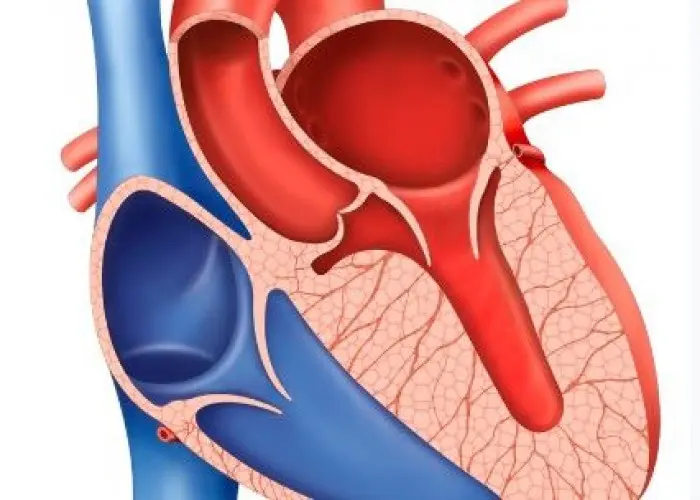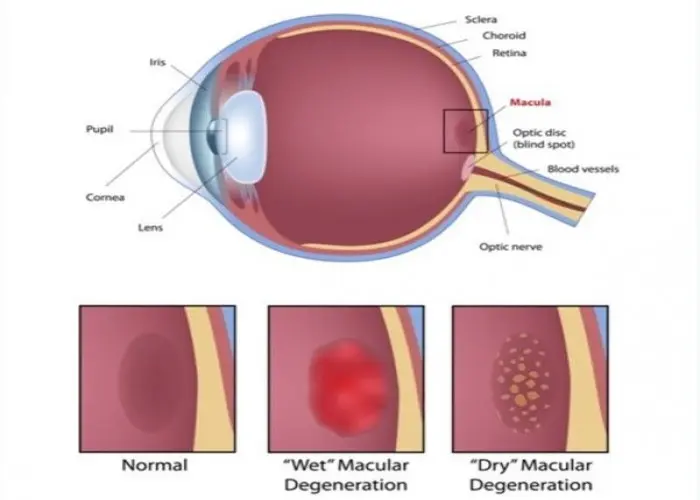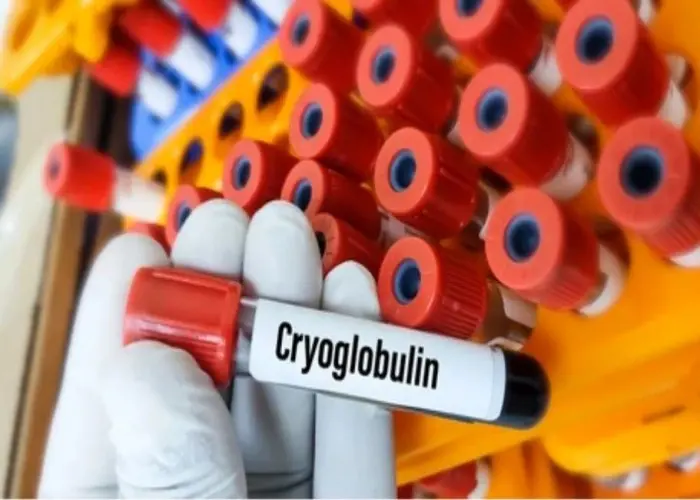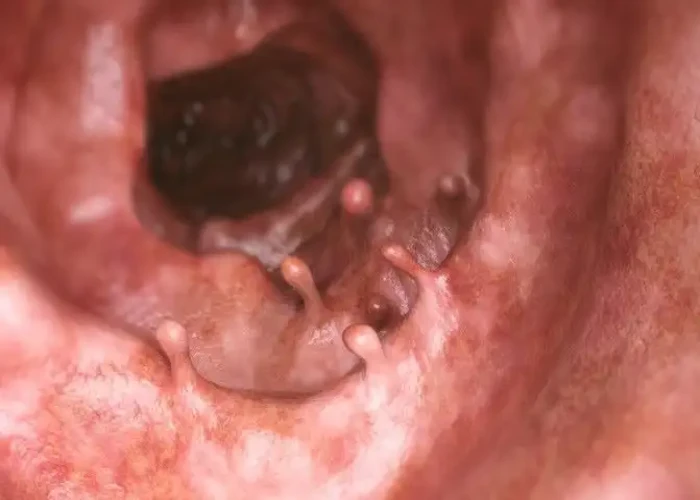 Welcome
Welcome
“May all be happy, may all be healed, may all be at peace and may no one ever suffer."
Dilatation of Stomach

Dilatation of the stomach, also known as gastric dilation, is a condition in which the stomach becomes abnormally enlarged. This can occur due to a variety of factors, including a blockage in the stomach or intestines, a weakening of the stomach muscles, or a disorder of the nervous system that controls the digestive tract.
Symptoms of gastric dilation can include abdominal pain, bloating, nausea, vomiting, and difficulty swallowing. In severe cases, gastric dilation can lead to complications such as gastric torsion, which is a life-threatening condition that occurs when the stomach twists on its axis, cutting off blood flow to the stomach and other organs.
Gastric dilation can be caused by a variety of factors, including eating too much food, eating too quickly, or eating foods that are difficult to digest. Other causes include intestinal blockages, disorders of the nervous system that control the digestive tract, and certain medications.
Treatment for gastric dilation typically involves addressing the underlying cause of the condition. In some cases, hospitalization may be necessary to monitor the patient's condition and provide supportive care, such as intravenous fluids and nutrition. In severe cases, surgery may be necessary to relieve the obstruction or correct any underlying structural abnormalities.
Prevention of gastric dilation involves adopting healthy eating habits, such as eating smaller, more frequent meals and avoiding foods that are difficult to digest. It is also important to seek medical attention if you experience symptoms of gastric dilation, such as abdominal pain, bloating, or difficulty swallowing, as prompt treatment can help prevent complications.
Research Papers
Disease Signs and Symptoms
- Headaches
- Stomach is airy
- Yellowing of skin and eyes (jaundice)
- Mouth is bitter
- Acid vomiting
- Tongue coated
- Abdomen bloating
Disease Causes
Disease Prevents
Disease Treatments
Disease Diagnoses
Disease Allopathic Generics
-
Vitamin B complex
If there is disturbance in bowel function due to nerve weakness.
2 cc medicine should be injected into the meat every day or after 1 day.
-
Multivitamin & Multimineral
1 pill daily.
-
Prochlorperazine Maleate
1 pill 2/3 times a day.
-
Metoclopramide Hydrochloride
1 pill 2/3 times a day 5 minutes before meals. In the same way, syrup 1/2, 1 spoon 3 times a day.
-
Domperidone Maleate
1 pill 15 minutes before meals 3 times a day for 3-4 weeks.
-
Ranitidine Hydrochloride
Medicines containing ranitidine for peptic ulcers or acid reflux.
1 pill in the morning after meal and 1 pill at night.
- Famotidine
-
Simethicone
Excess air in the stomach (abdominal flatulence) Heartburn, leaden throat or heartburn Medicines containing simethicone.
1 pill in the morning after meal and 1 pill at night after meal.
-
Magnesium Hydroxide
3-4 spoons of medicine with warm water or milk 1 time at night.
Disease Ayurvedic Generics
Disease Homeopathic Generics
Disease yoga
Dilatation of Stomach and Learn More about Diseases

Throat cancer

Autoimmune pancreatitis

Hypertrophic cardiomyopathy

Dry macular degeneration

Mood disorders

Scarlet fever

Cryoglobulinemia

Stomach polyps
dilatation of Stomach, পেটের প্রসারণ
To be happy, beautiful, healthy, wealthy, hale and long-lived stay with DM3S.
